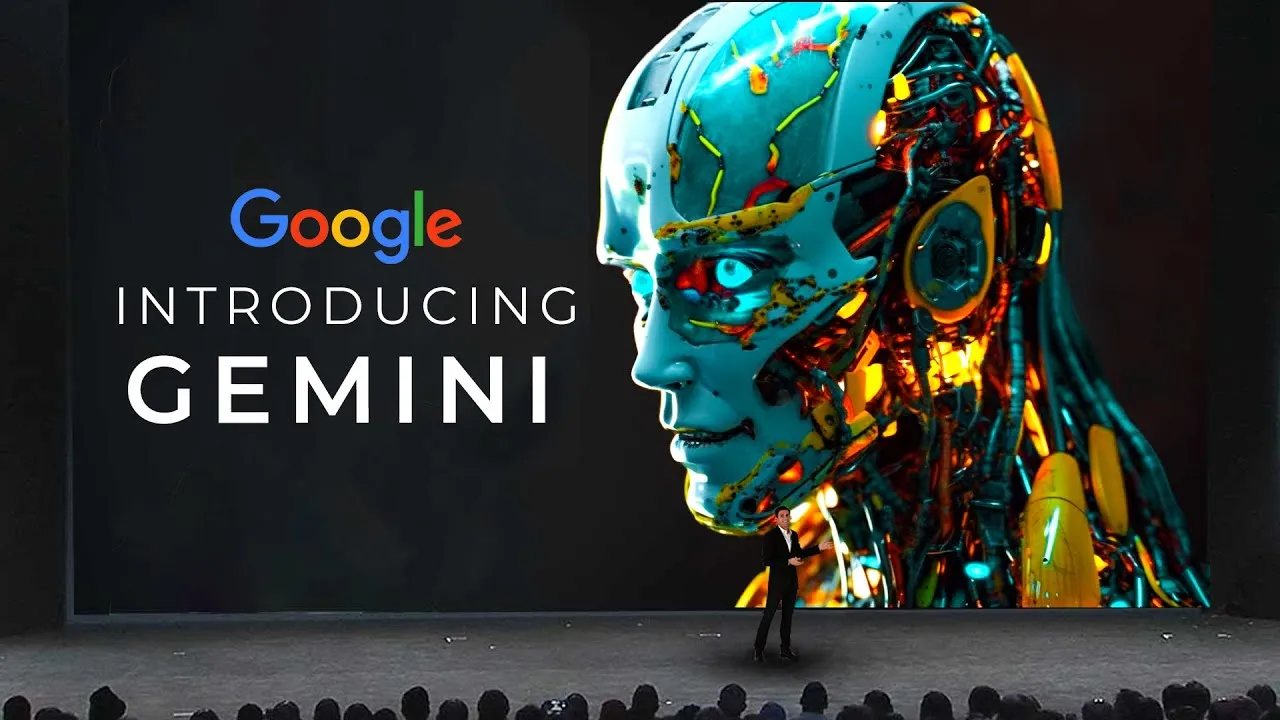
In a major leap forward in the realm of artificial intelligence, Google has unveiled Gemini, its latest and most advanced large language model. Positioned as a significant competitor to OpenAI’s GPT-4, Gemini boasts exceptional versatility, outperforming its counterpart in 30 of the 32 widely recognized academic benchmarks.
Gemini is not merely a single AI model but a family of models, each tailored to distinct purposes. The Gemini Ultra, the most powerful in the lineup, is designed for highly complex tasks and is anticipated to impact data centers and enterprise applications. On the other end, Gemini Nano is engineered for on-device tasks, making it suitable for devices like Google’s Pixel 8 Pro smartphone. The intermediate Gemini Pro powers Google’s Bard chatbot and promises scalability across a broad range of tasks.
The model’s unique multimodal capabilities enable it to comprehend and operate with various forms of information, including text, code, images, audio, and video. Sundar Pichai, Google’s CEO, expressed excitement about the possibilities Gemini unlocks, stating, “This new era of models represents one of the biggest science and engineering efforts we’ve undertaken as a company.”
Google Gemini vs GPT-4
In head-to-head comparisons with GPT-4, Gemini has demonstrated superiority in text-based benchmarks covering general reasoning, mathematics, and code categories. The model extends its dominance into multimodal benchmarks, excelling in image, video, and audio categories. Notably, Gemini Ultra achieved an impressive score of 59.4% on the new MMMU benchmark, showcasing its prowess in multimodal tasks requiring deliberate reasoning.
Gemini’s availability in three sizes—Ultra, Pro, and Nano—offers developers and enterprise-grade customers flexibility to choose models based on their specific needs. The Gemini Pro, which powers the Google Bard chatbot, has already surpassed GPT-3.5 in six out of eight benchmarks, according to Google’s assessments.
Developers and enterprise customers can access Gemini Pro through Google Generative AI Studio or Vertex AI in Google Cloud starting December 13th. While Gemini is currently available in English, plans are underway for integration into various Google products, including the search engine, Chrome browser, and ad products, on a global scale.
Gemini’s efficiency extends beyond its capabilities, as it proves to be faster and more cost-effective to run than its predecessors, thanks to its training on Google’s Tensor Processing Units (TPU). Google is simultaneously launching the TPU v5p, a new version of its TPU system designed for large-scale model training and operation in data centers.
The Gemini era marks Google’s strategic move to reclaim its standing as an ‘AI-first company,’ offering a robust response to the advancements made by ChatGPT and OpenAI. The true measure of Gemini’s impact will unfold as users engage with its capabilities across diverse applications, from coding to information retrieval, promising a transformative era in the landscape of artificial intelligence.




